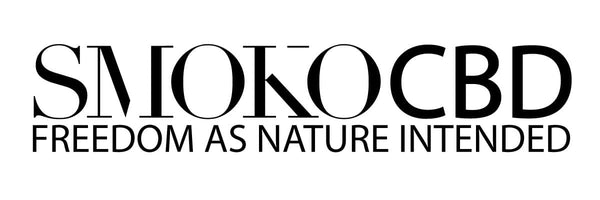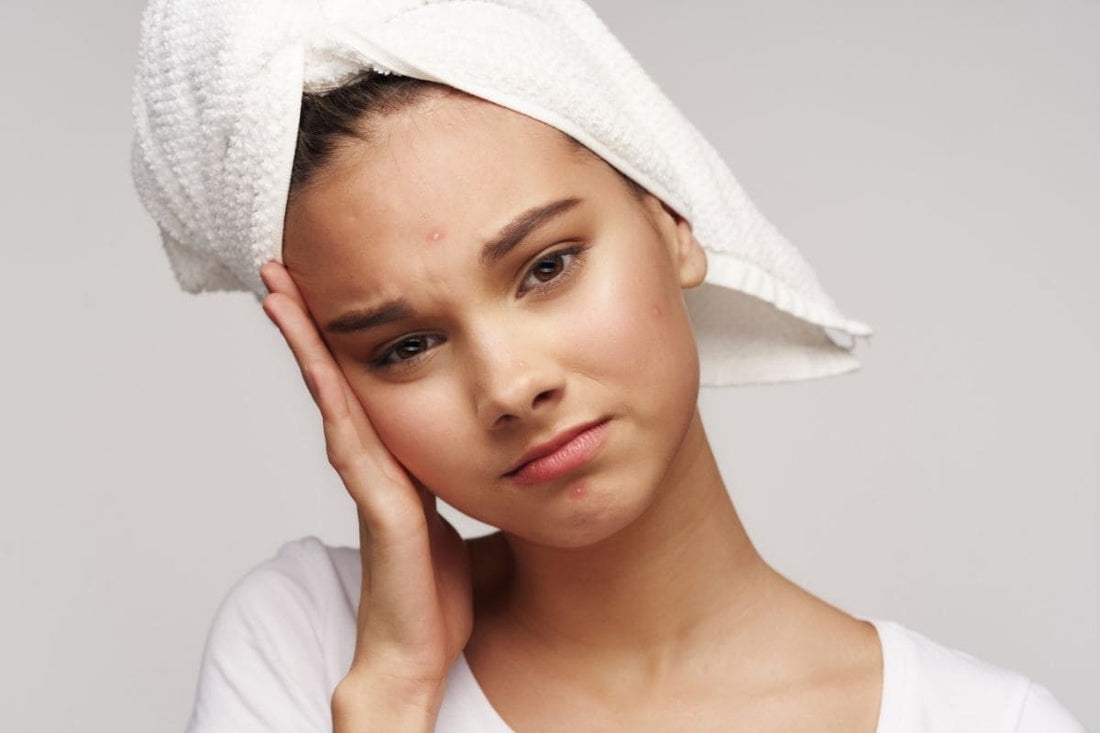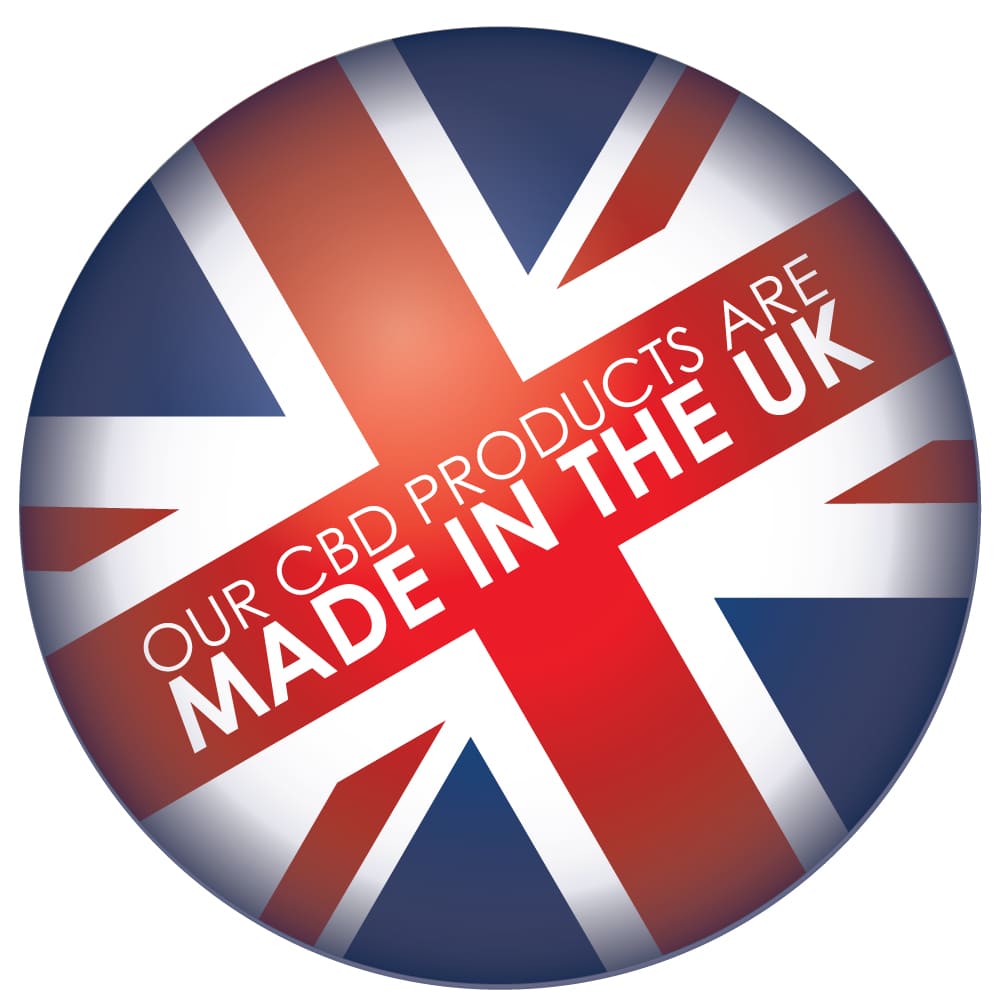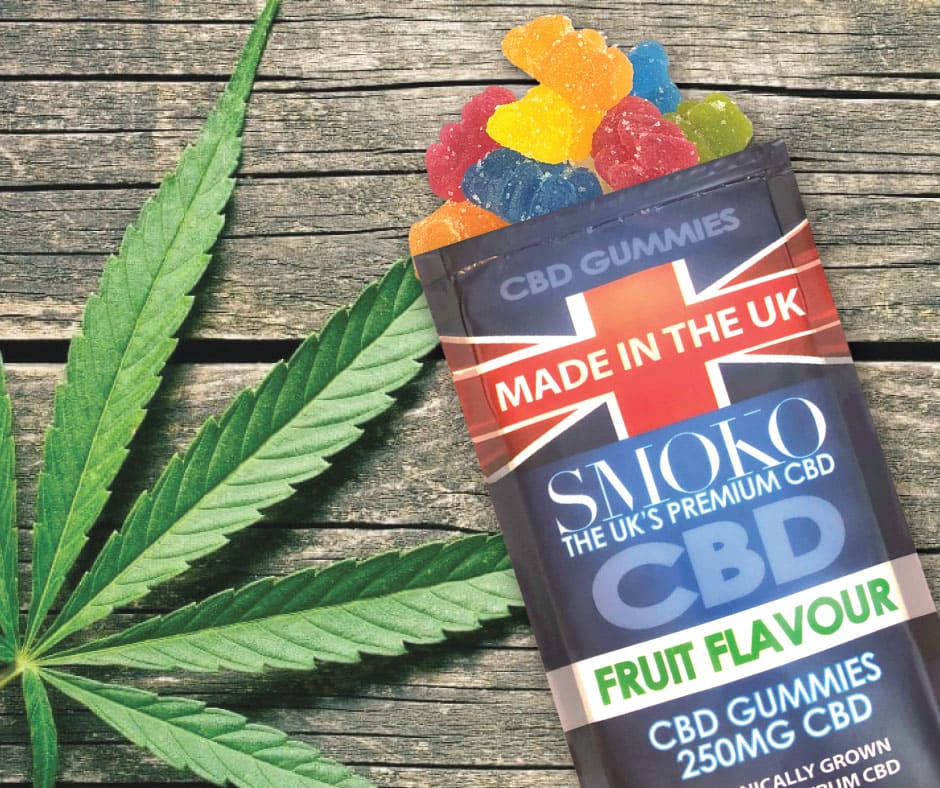Acne is a skin condition that affects almost all of us at some point or another - according to the American Academy of Dermatology Association, around 85% of people aged between 12 and 24 experience some form of acne, but it can occur at any age. The total value of treatment and lost productivity of people who sought medical treatment for acne in the US in 2013 was over $1.2 billion.
The condition of our skin can impact our confidence, agitate us, and allow bacteria and viruses into our body, so it’s more than vanity that causes us to look after our skin. Considering how many people are affected by skin conditions, and the cost of their treatments, any supplement that could help reduce the suffering, at the same time as reducing the cost of treatment, is worth investigating!
WHAT IS CBD OIL?
CBD oil is a carrier oil - often derived from coconut or palm oil - that contains cannabidiol CBD, the second most abundant cannabinoid in the cannabis plant after tetrahydrocannabinol THC. CBD Oil is typically extracted from hemp plants which are cannabis plants with less than 0.3% THC.
Unlike THC, CBD doesn’t induce a psychoactive effect, but has been observed exhibiting antioxidant, anxiolytic and anti-inflammatory properties.
WHY IS CBD OIL USED IN THE TREATMENT OF SKIN CONDITIONS?
CBD plays a role in regulating inflammation, and regulating other chemical messengers via the endocannabinoid system - the internal system in our bodies that uses compounds like those found in the cannabis plant. CBD can help reduce inflammation by reducing the number of inflammatory immune cells that are sent to the site of infection.
IS CBD OIL EFFECTIVE FOR ACNE?
What causes acne?
The development of skin conditions are often caused by a bacteria, and in the case of acne, the bacteria is known as ‘cutibacterium acnes’. This bacteria colonises a sebaceous gland (which are found in the skin and almost always with a hair follicle) due to a build up of detritus, such as dead skin cells, and excess sebum.
The sebaceous glands are responsible for sebum production, the oily substance that lubricates and protects our skin. A combination of too much sebum, dead skin cells, and inflammation then leads to acne. Anyone who is searching for beauty hacks to improve their skin should look to quit smoking and add CBD to their routine.
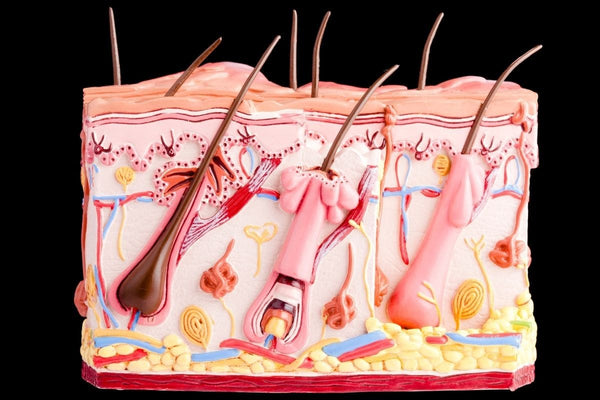
How does CBD oil help?
One of the factors contributing to the development of acne is the overproduction of sebum. As sebum is composed of different fatty substances - including glycerol, cholesterol and fatty acids - a reduction in the production of these fats would prevent excess sebum production.
CBD demonstrates 3 main anti acne abilities:
- Normalisation of lipogenesis (production of fatty acids from non fat sources).
- Reduces cell proliferation (cell growth and division).
- Prevents activation of TLRs (Toll-like Receptors) in inducing inflammation.
The main actions present in the development of acne are therefore increased lipogenesis, more sebocyte production (cells that produce and release sebum), and the activation of TLRs to summon pro-inflammatory white blood cells.
Taking CBD so it can get into the bloodstream - using edible gummies, CBD oil drops or a CBD e-liquid - will help regulate these systems for the long term, but as CBD can be absorbed into the skin, a topical cream can be used on the site of irritation.
Antibacterial and antifungal effects of CBD
Several studies have medically reviewed the antibacterial and antifungal value of CBD, and the results show a promising new avenue for treating skin problems. So promising, in fact, that there are currently phase 2 clinical trials for topical CBD treatment for acne and atopic dermatitis.
It is suspected that CBD’s antibacterial effects are down to the way it interacts with the membrane of the bacteria. Membrane vesicles are released from bacteria and interact with our cells. CBD can reduce the release of these membrane vesicles, and in some cases, change the protein composition of these membrane vesicles - this will impact their ability to function normally.
An article published in February 2021 examined the effect of CBD on candida albicans, a common fungal pathogen in humans. The results showed CBD has a preventative effect on the formation of fungal biofilm, and disrupts mature biofilm by reducing its thickness, and by reducing the production of exopolysaccharide - a slimy substance the cell secretes to help the fungal cell survive in harsh conditions.
What does science say?
Healthline media referenced a 2014 study that explored the effects of CBD on human sebaceous gland function. One conclusion drawn from the study was that CBD is a highly effective sebostatic agent - that is to say it works to regulate the production of sebum.
In the study, human sebocytes and human skin culture had CBD added, and this suppressed the production of the fatty molecules that are used in sebum oil production, as well as reducing the production and spread of sebocytes. Furthermore, CBD interacting with A2a adenosine receptors produces an anti inflammatory effect. These three combined effects suggest that CBD has potential in use for acne treatments.
How do you use CBD oil to treat acne?
When it comes to choosing the best CBD product for acne, a topical cream is likely to be the product of choice. This will get CBD to the affected area quickly, and while topical CBD won’t make it into the bloodstream, it will permeate the skin. This should offer relief from any pain and/or itching and reduce inflammation, in addition to addressing the root causes of acne.
Don’t discount oral CBD though - getting CBD into your bloodstream means your body will benefit from its effects all over - and that includes applying its effects to any microcodomes (blocked pores) that are too small to see, and so may have avoided any topical CBD.
The final question then comes down to what type of CBD is going to work best for treating acne. Broad spectrum and Full spectrum CBD products contain the other compounds found in the cannabis plant, though broad spectrum doesn’t include any THC (the psychoactive compound in cannabis) where full spectrum products do contain low levels of THC. CBD Isolate has just CBD from the cannabis plant in the carrier oil - no additional cannabinoids or other compounds.
In most cases, using full spectrum or broad spectrum CBD is preferable due to the ‘entourage effect’ - the ability of the other cannabinoids, terpenes and flavonoids to enhance the efficacy of the CBD.
However, according to Ilda Pekar, a New York City based aesthetician, CBD isolate is best for treating any facial skin problems - due to the purity of the product, it doesn’t clog pores, and the antioxidant properties are great for the skin.
It’s also the case that a low strength topical cream will do the trick, so no need to overspend on the more expensive, more concentrated versions. This is great for anyone concerned about side effects, as the lower strength products are less likely to result in adverse effects.
CBD OIL FOR ACNE: EVERYTHING YOU NEED TO KNOW: CONCLUSION
All the evidence for CBD oil as a treatment for acne is promising, but additional information and more human studies need to be done. Do remember that while CBD is generally tolerated well by most individuals, it can impact the liver, and interact with other drugs, so if you are currently taking medication, or have a liver condition, speak to a healthcare professional before you start a CBD regime.
At SMOKO, we aim to bring you premium quality broad spectrum CBD products, made in the UK from cannabis sativa L plants responsibly grown in Oregon, USA. The unique cryogenic extraction preserves all the cannabinoids, terpenes and flavonoids that work together to produce the ‘entourage effect’, without the THC - allowing you to get all the benefits from the cannabis plant without any intoxication.
If you think CBD could help you, then try the SMOKO CBD range for premium CBD products made here in the UK!
*2024 Update - Don't miss out on our limited-time offer of a FREE* pack of CBD Gummy Bears when you buy any of our amazing CBD products!
